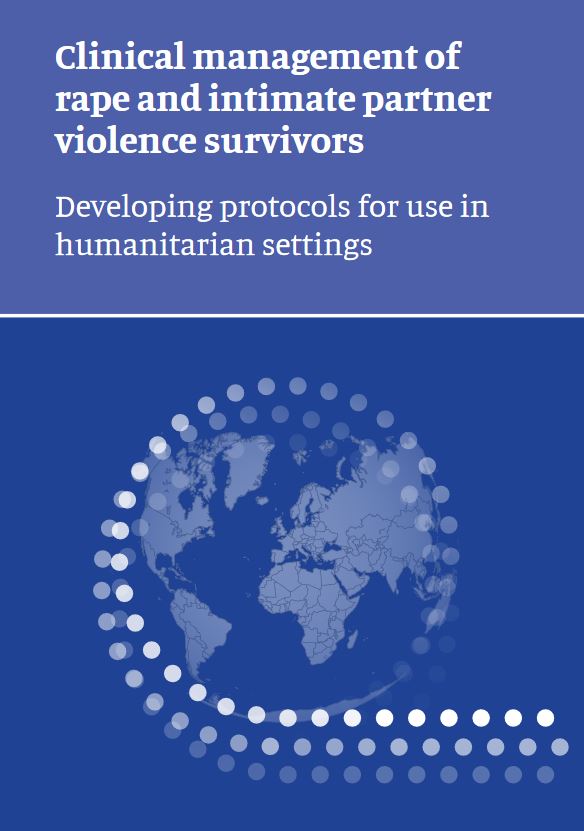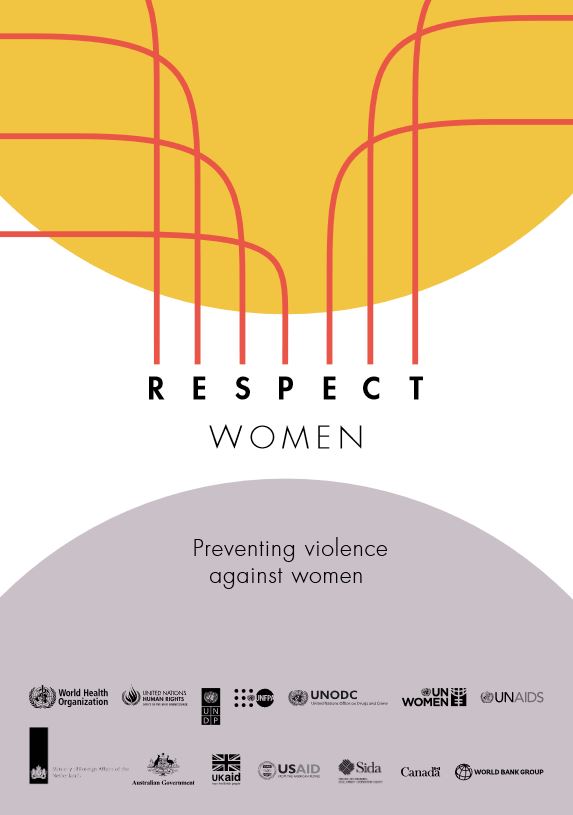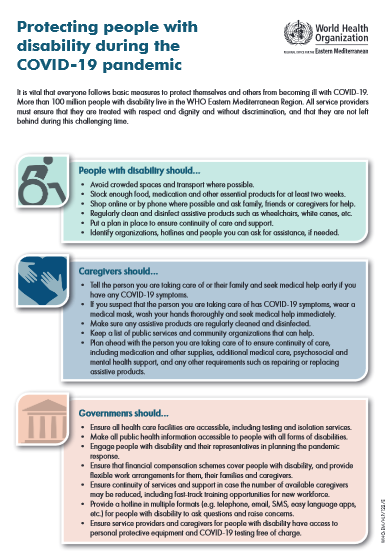23 May 2013 - Today, an important briefing is taking place at WHO's World Health Assembly in Geneva in preparation for an upcoming high-level meeting on disability and development: the health sector’s contribution.
According to WHO and the World Bank more than one billion people experience some form of disability, with research showing that almost one-fifth of the estimated global total of persons living with disabilities, or between 110 and 190 million people, encounter significant difficulties in their daily lives.
Few countries have adequate mechanisms in place to respond to the needs of people with disabilities. Barriers include stigma and discrimination, lack of adequate health care and rehabilitation services; and inaccessible transport, buildings and information and communication technologies. As a result, people with disabilities experience poorer health, lower educational achievements, fewer economic opportunities and higher rates of poverty than people without disabilities.
One of the key findings of the World Report on Disability, published in 2010, was that people with disabilities are more than twice as likely to find health care provider skills inadequate to meet their needs, and nearly three times more likely to report being denied needed health care. In low-income countries people with disabilities are 50% more likely to experience catastrophic health expenditure than non-disabled people.
The report recommended that governments and their development partners provide people with disabilities access to all mainstream services, invest in specific programmes and services for those people with disabilities who are in need, and adopt a national disability strategy and plan of action. In addition, governments should work to increase public awareness and understanding of disability, and support further research and training in the area. Importantly, people with disabilities should be consulted and involved in the design and implementation of these efforts.
Related links
Better health for people with disabilities [pdf 1Mb] | French [pdf 995kb]





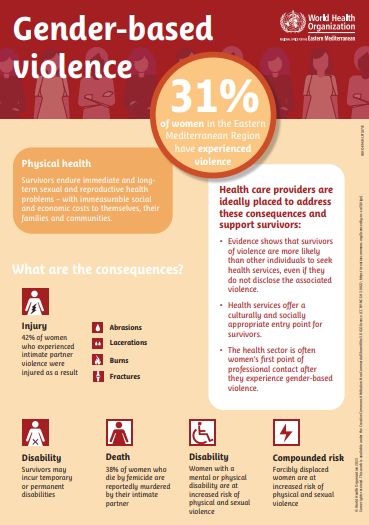

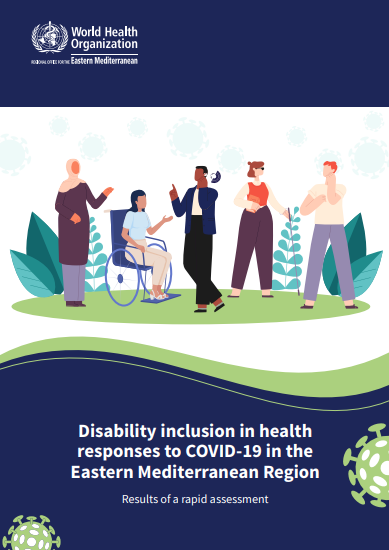
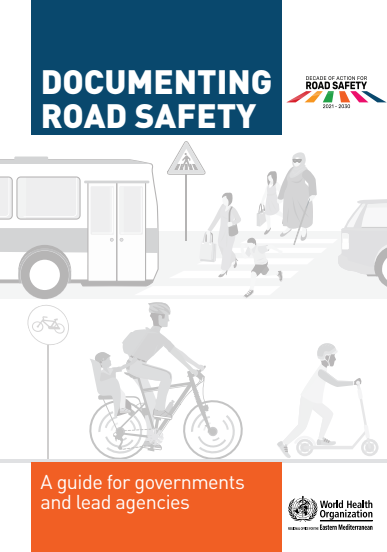 Documenting road safety: a guide for governments and lead agencies
Documenting road safety: a guide for governments and lead agencies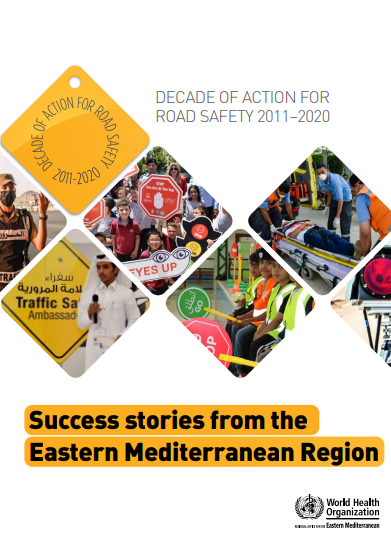
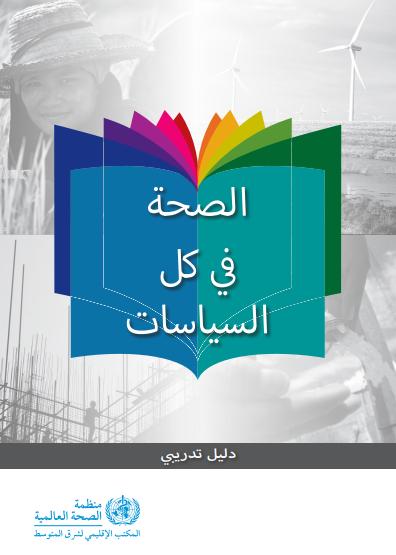

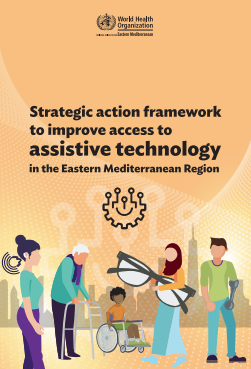 Strategic action framework to improve access to assistive technology in the Eastern Mediterranean Region
Strategic action framework to improve access to assistive technology in the Eastern Mediterranean Region